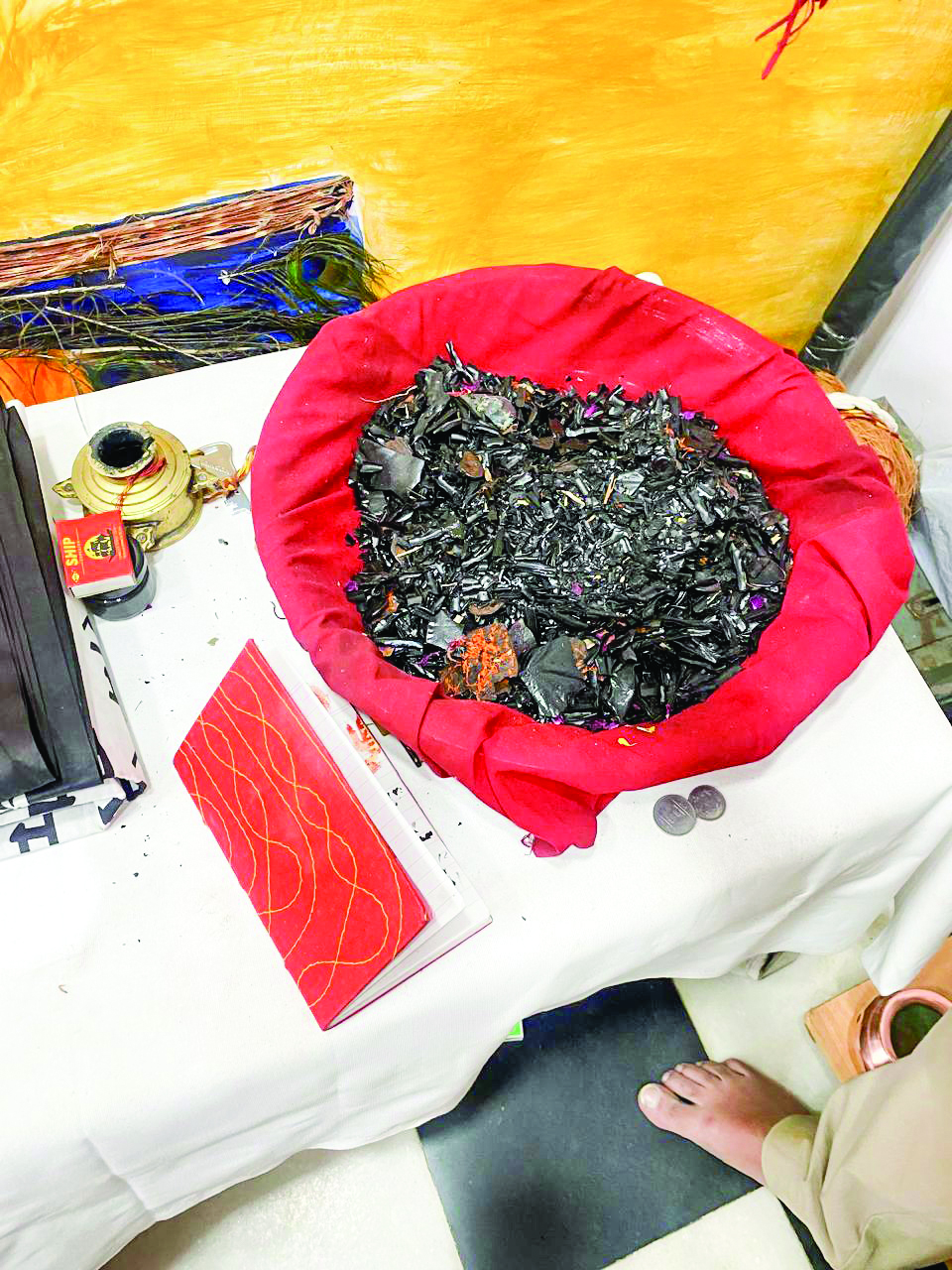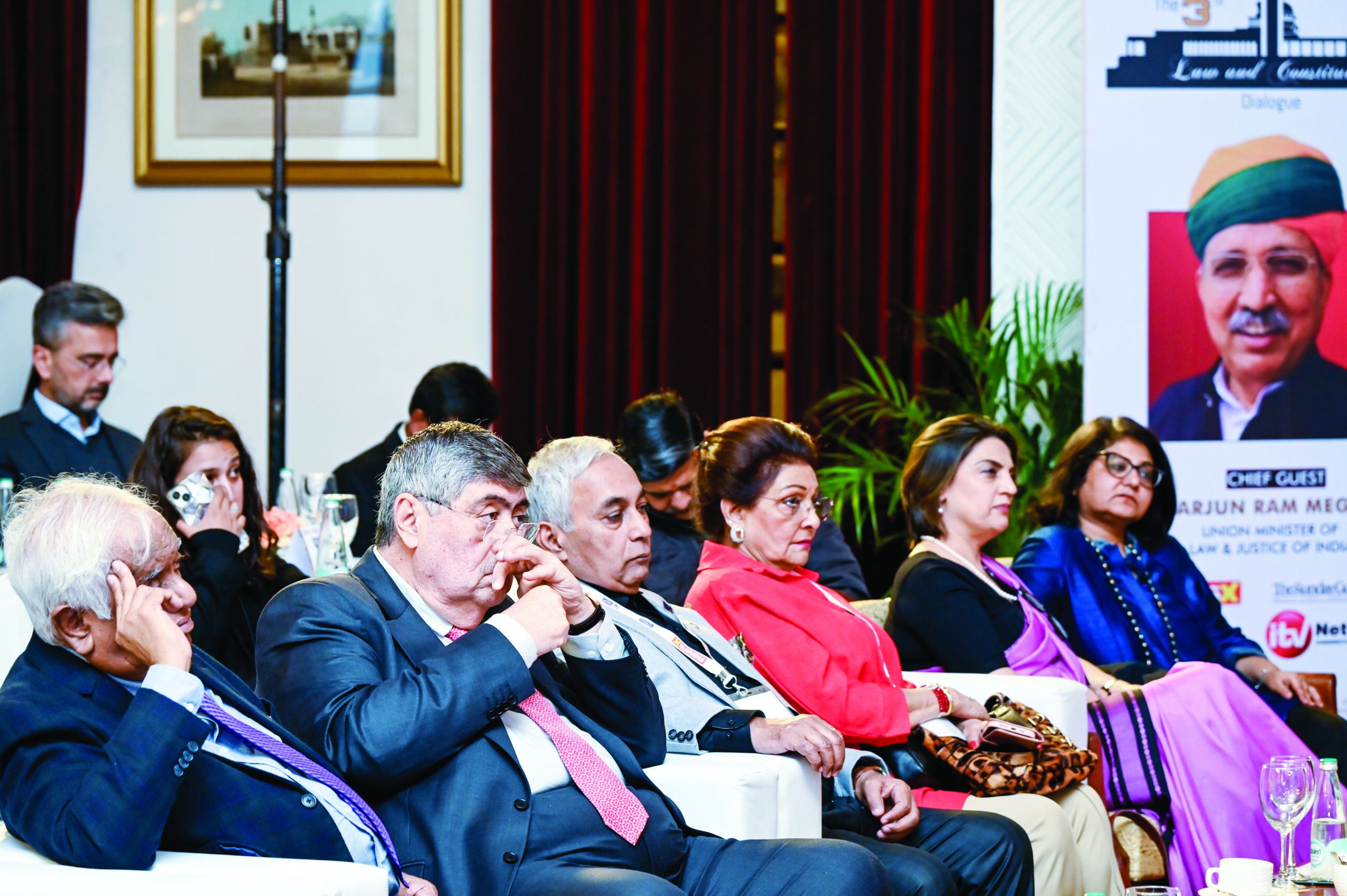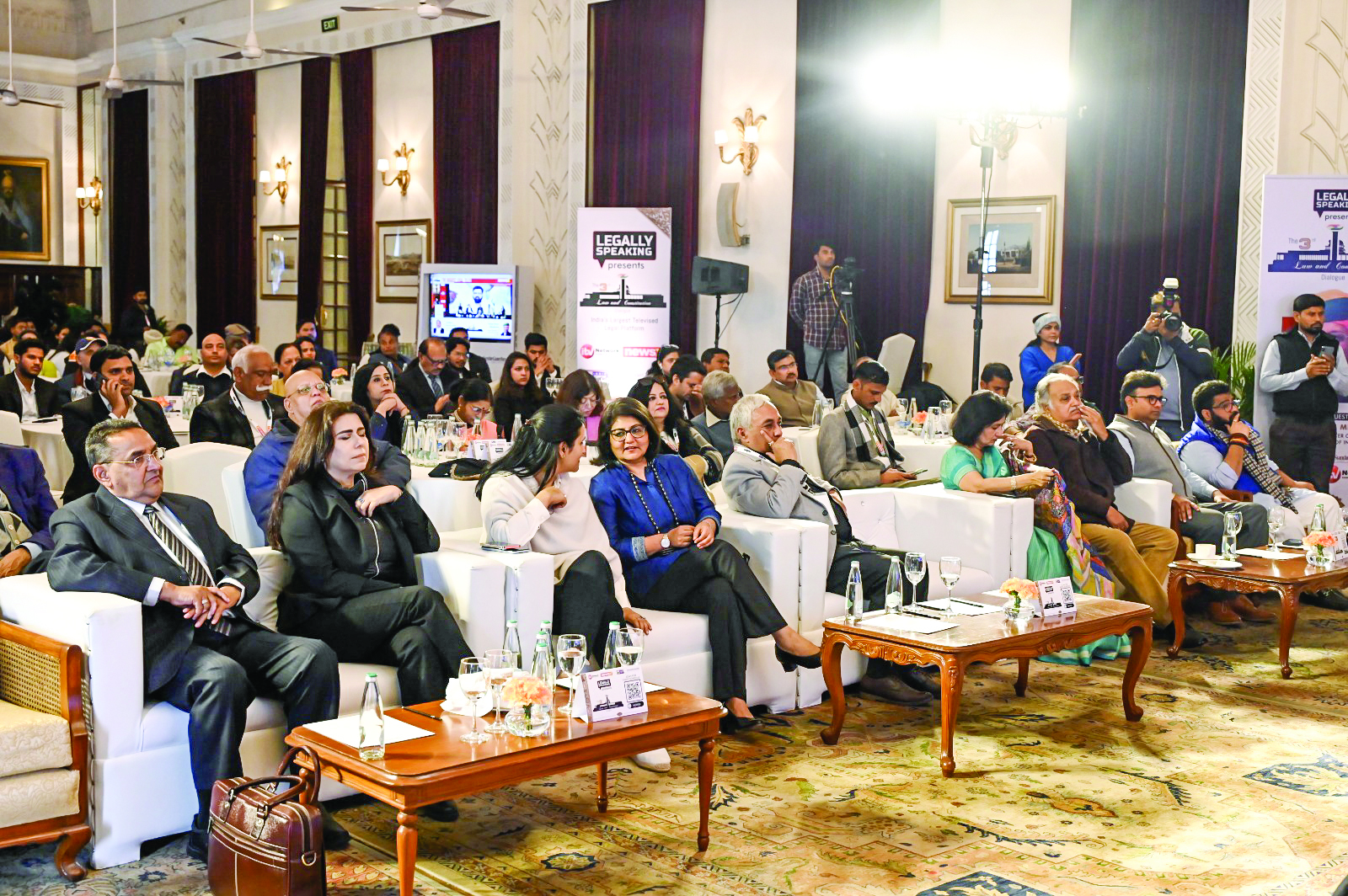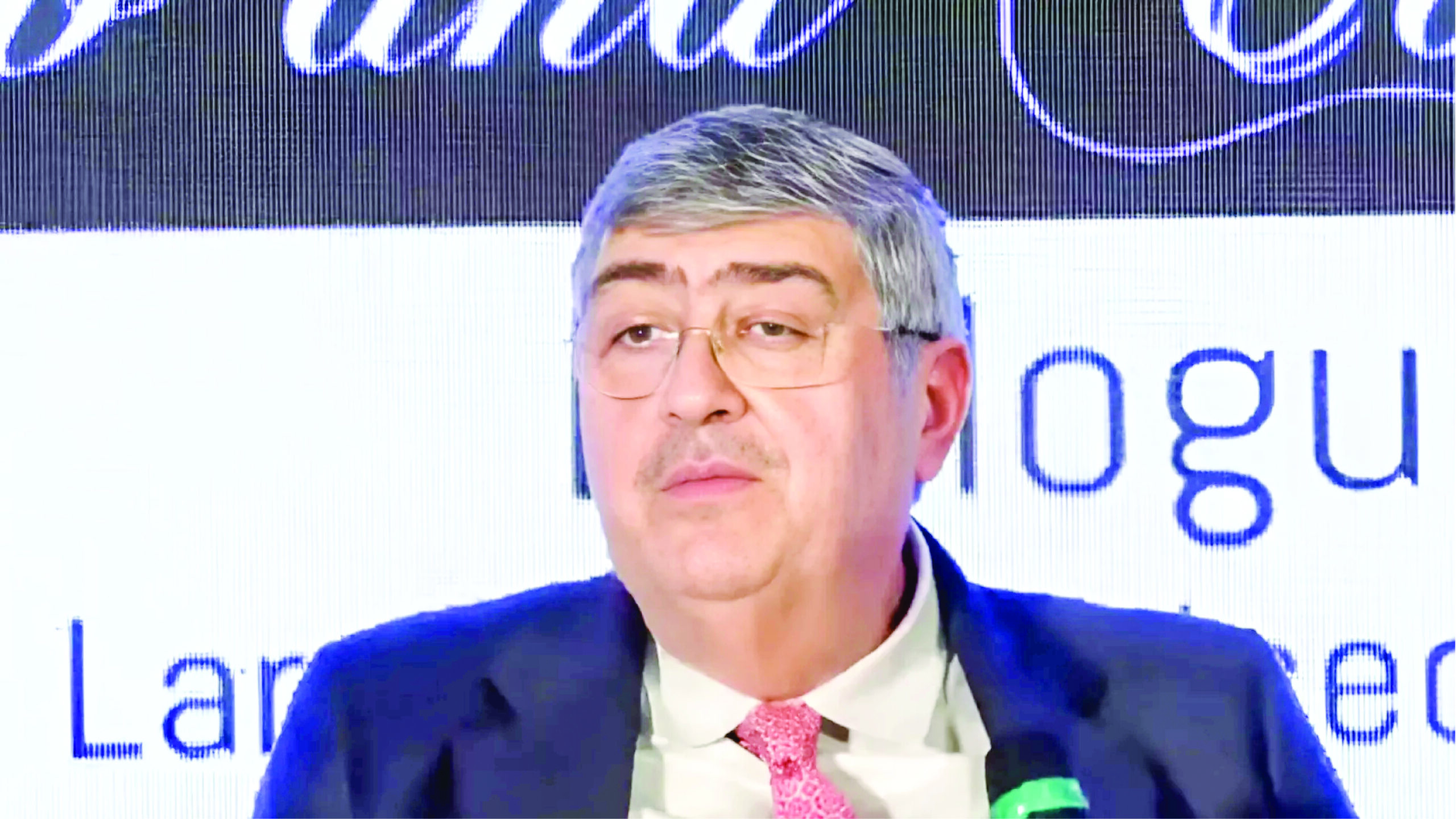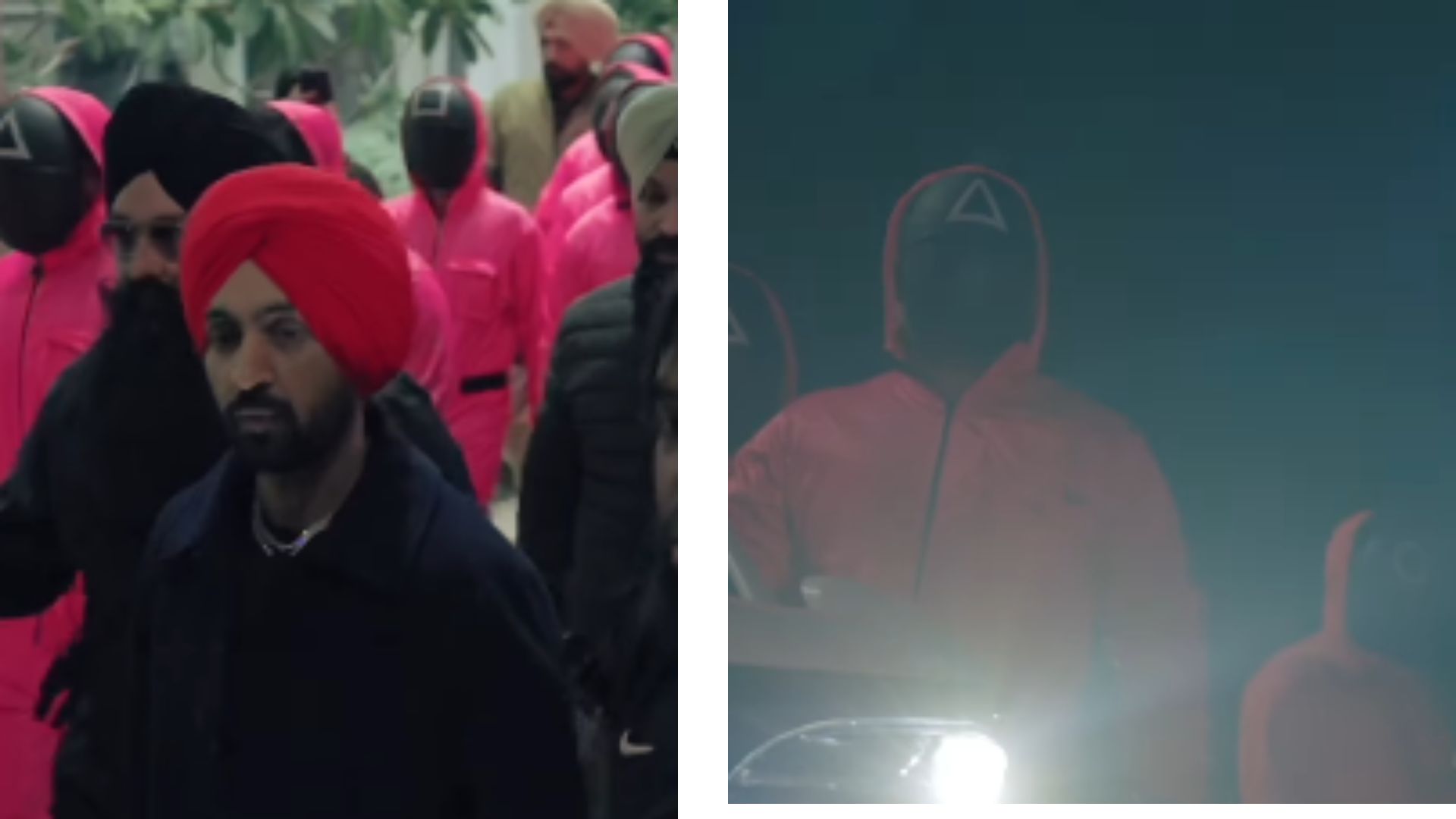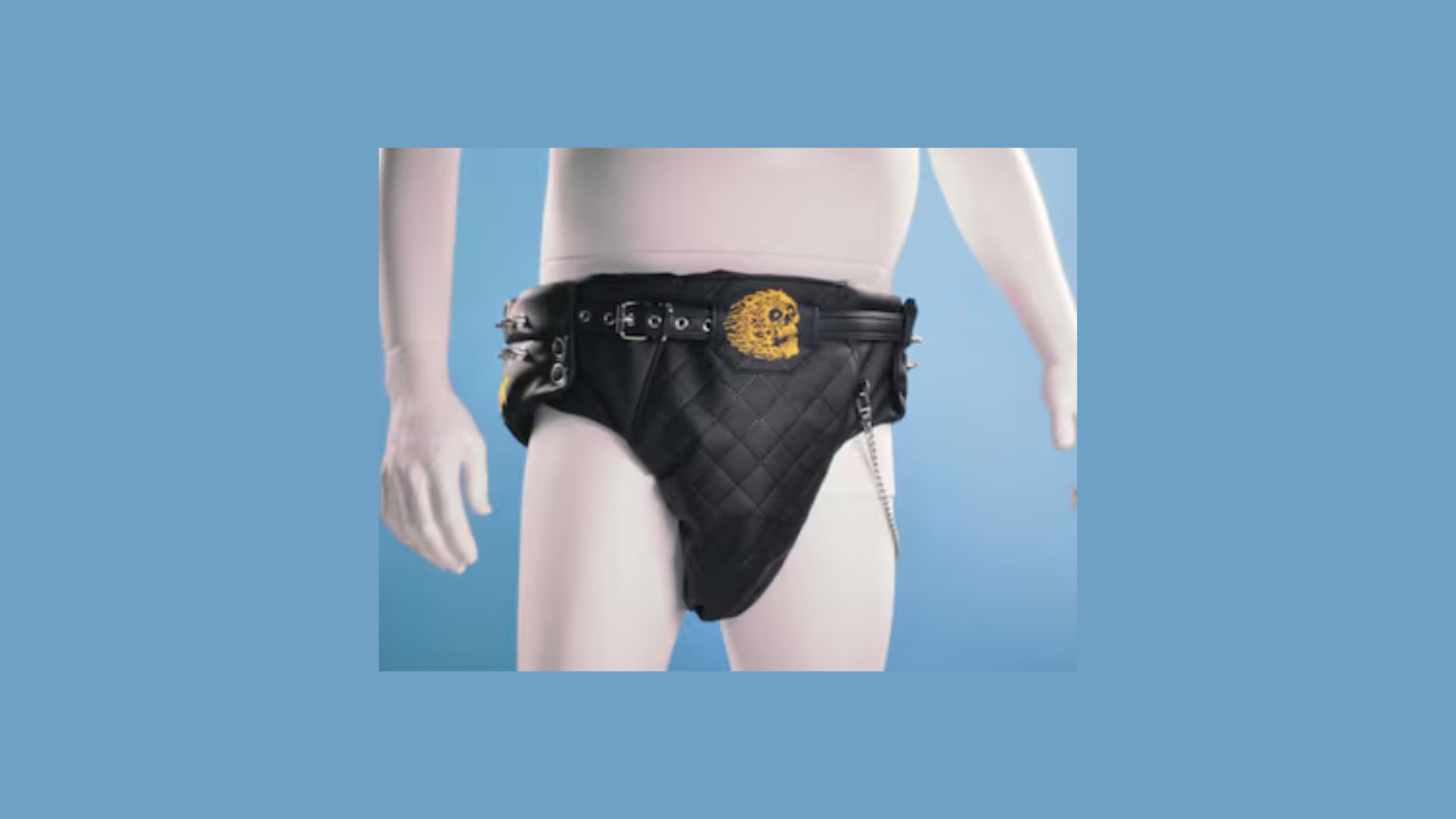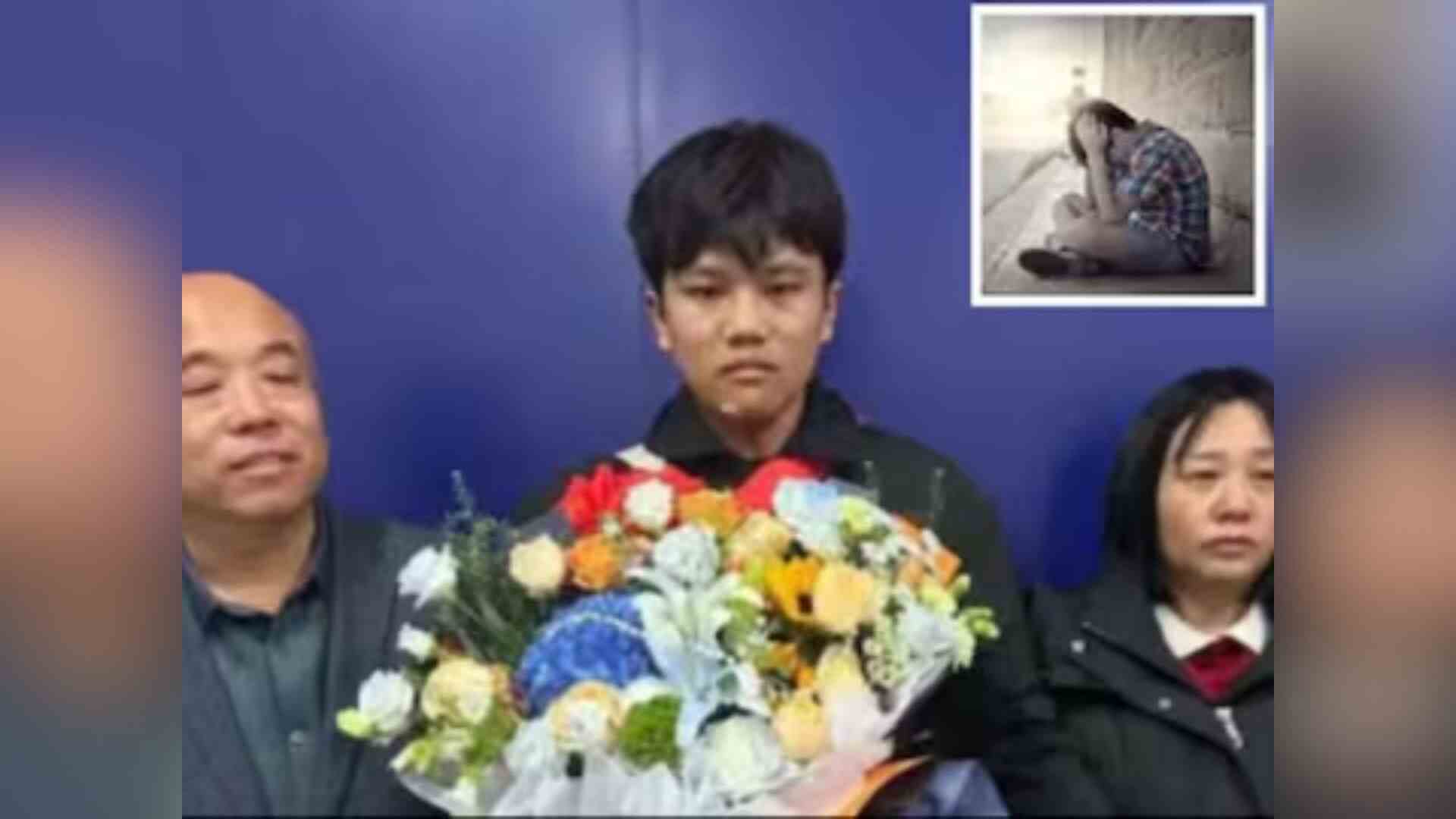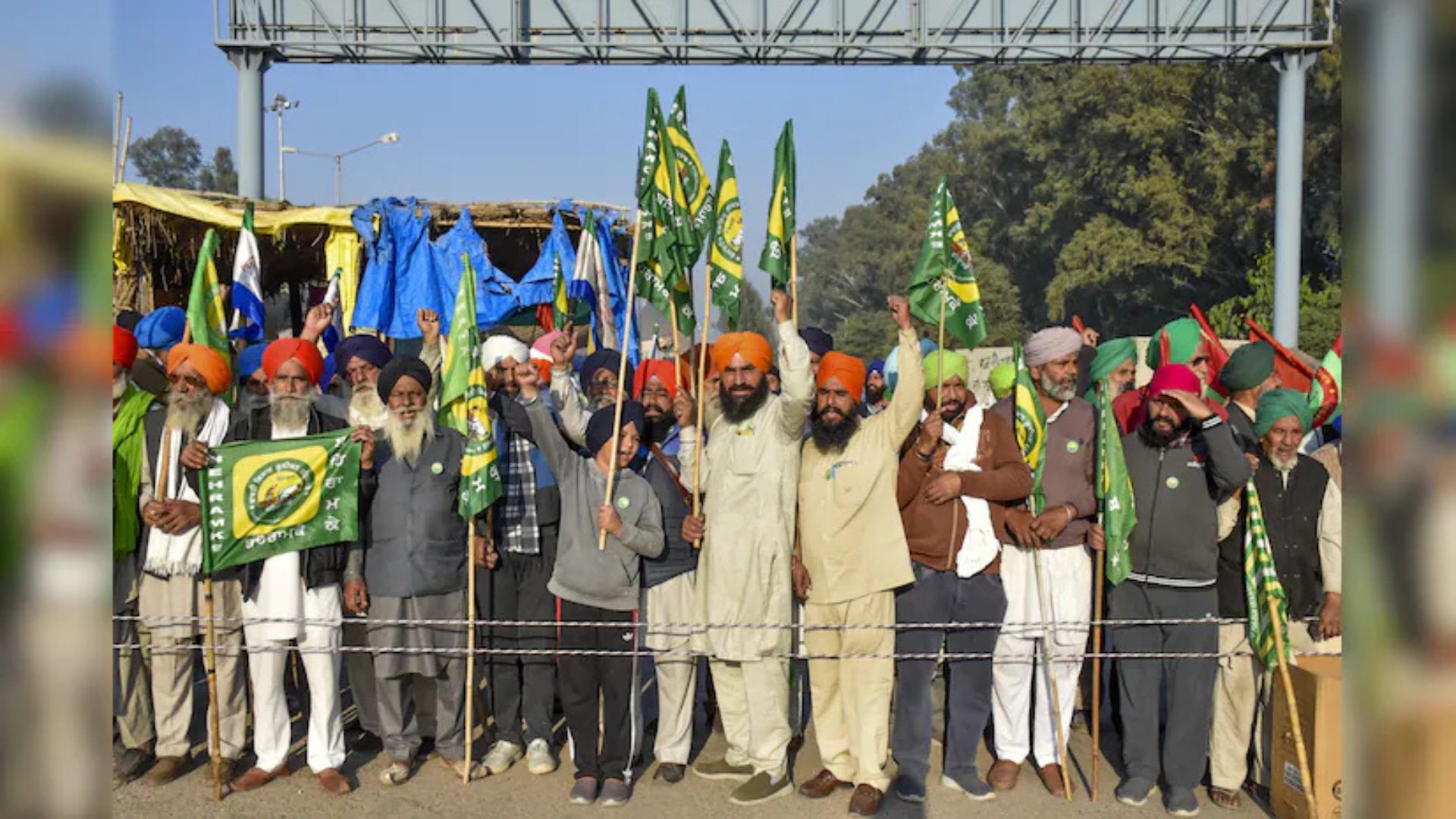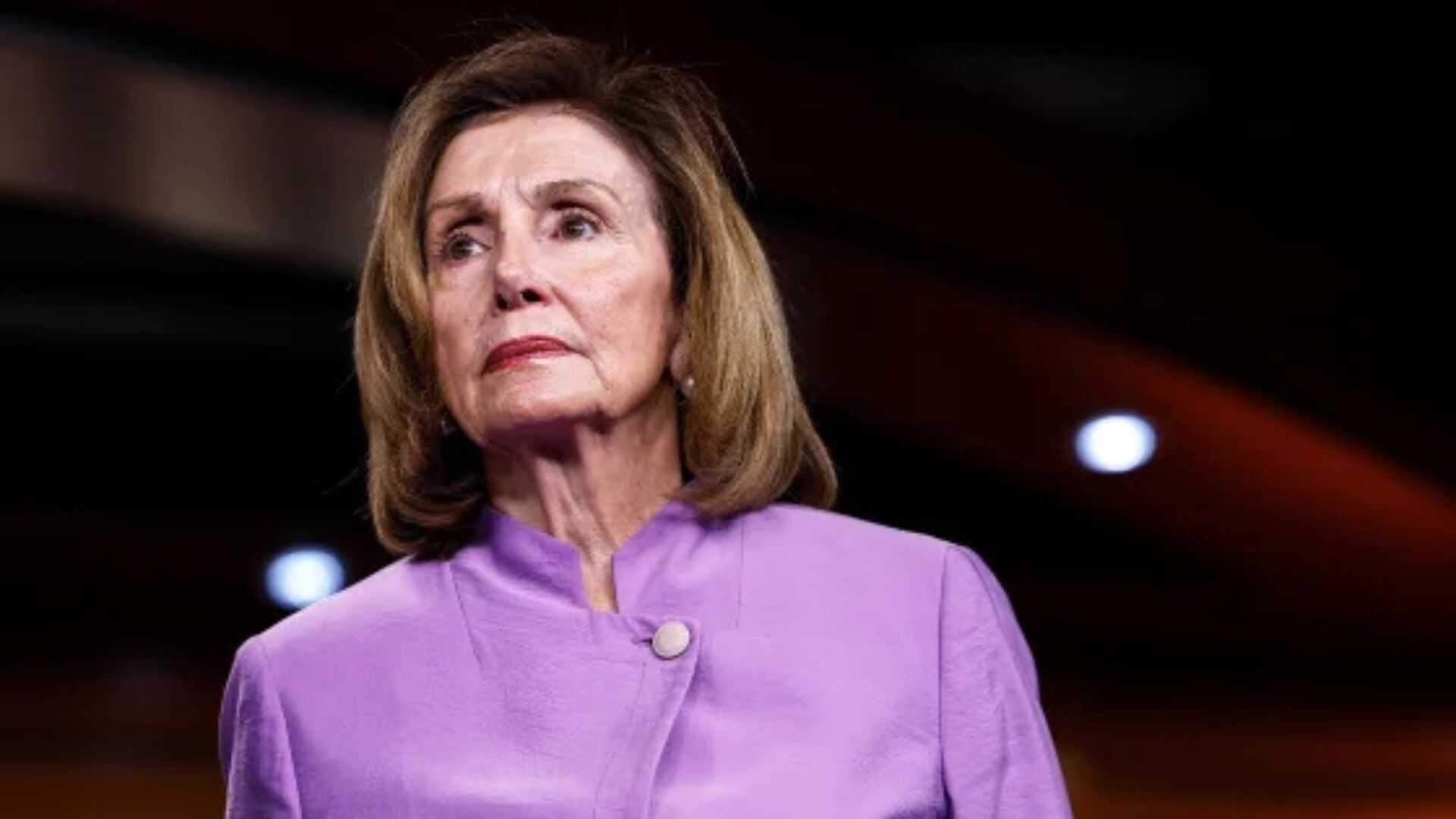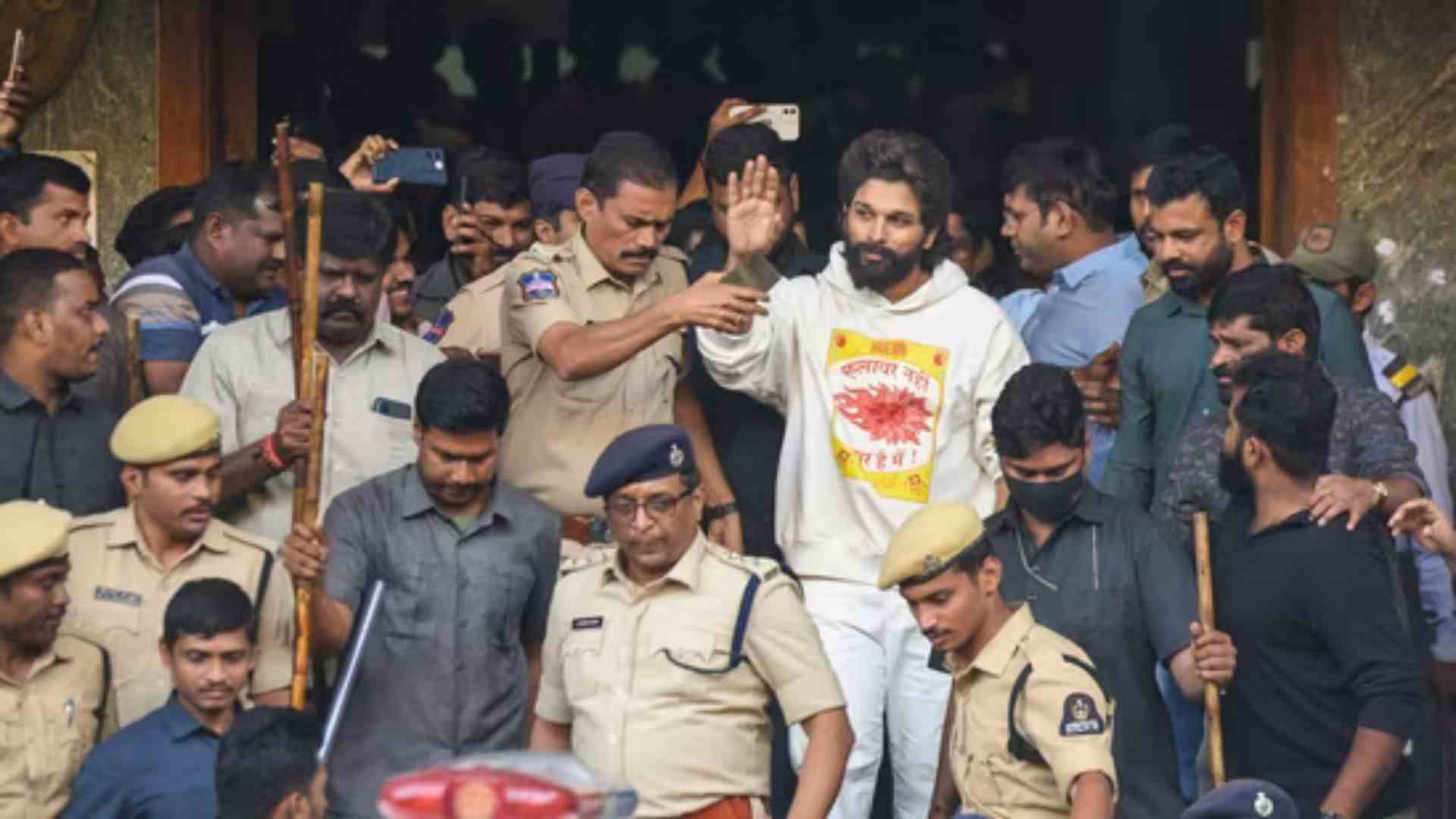

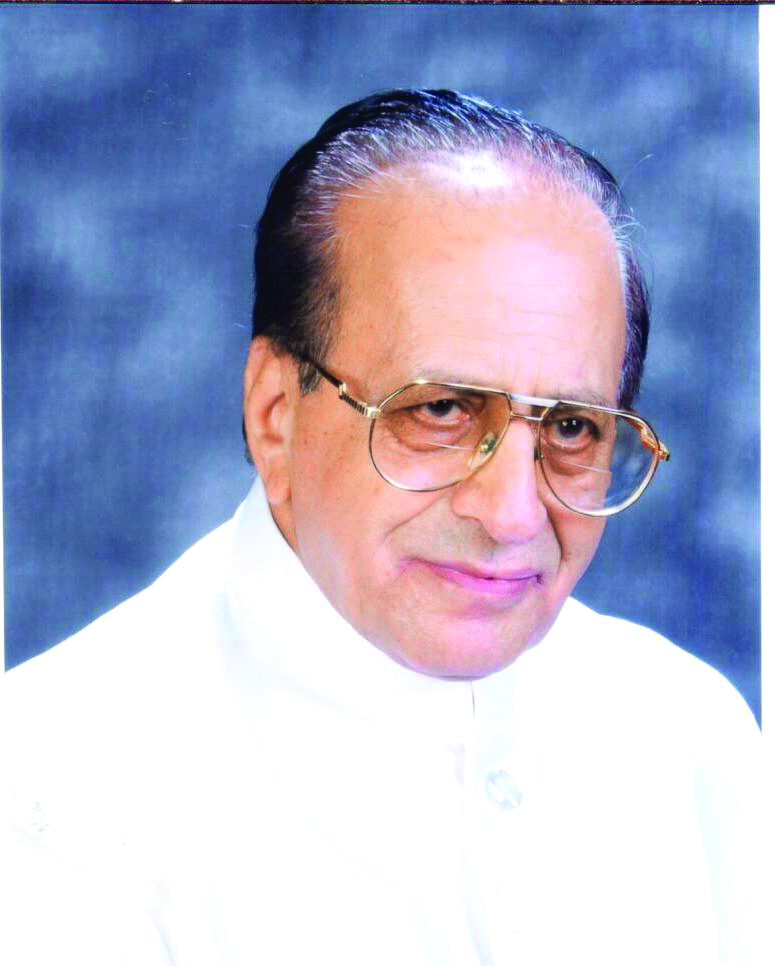
Bansi Lal Mehta, veteran leader, who passed away on Wednesday was the man who secured the “Hand Symbol’’ for the Congress after the second split of the party in 1978. A member of the AICC till he remained active in politics, Mehta was aware that Indira Gandhi was looking for a new symbol after she broke away from the Congress that was headed by K.Brahmananda Reddy. He and the then Chief Election Commissioner, SL Shakdhar, were close friends and he urged him to allot the symbol which the former Prime Minister wanted for her breakaway faction. Till then the Cow and Calf was the emblem of the undivided party and following the division, the question of a new identity of the Indira Gandhi faction became necessary. Many symbols including the Elephant were offered but did not get the approval of Mrs Gandhi. Finally, she appeared happy with the idea of getting the “Hand’’ as the symbol but the Election Commission was only willing to consider the matter at that stage. Mehta approached Shakdhar and convinced him to allot the symbol and succeeded. The breakaway group contested first on this symbol from a municipal seat in a bye election in East Delhi and won. The maiden Parliamentary victory was from Azamgarh when Mohsina Kidwai as Indira’s nominee defeated her one-time mentor, Chandrajit Yadav. Subsequently, Indira Gandhi won on the symbol from Chikamaglur in Karnataka and the Hand became her party’s mascot. The 1980 Parliamentary polls victory of the Congress which once again brought Mrs Gandhi to power was fought with the “Hand’’ and she acknowledged Mehta’s contribution in getting her that. If it was Bansi Lal Mehta who had been responsible for the symbol, it was another Congress leader, Ashok Chatterjee, a member of the Delhi Metropolitan Council from Gole Market, who had coined the famous Garibi Hatao slogan in the 1971 elections. Unfortunately, most party leaders do not have any inkling of this piece of history and are unaware how things changed for the Congress and the country for the better at that point of time. Mehta remained loyal to Indira Gandhi who ensured that he was always made a member of the AICC. She also promised to accommodate him in the Rajya Sabha. However, both HKL Bhagat, a one-time Delhi strongman and RK Dhawan, her personal secretary ganged up together to deny him the berth. It is significant to point out that after the partition, most activists amongst Punjabi refugees opted for the Bharatiya Jana Sangh. However, there were some like Bhagat. Amar Nath Chawla, Kishor Lal, Prem Chand Malhotra, Jag Parvesh Chandra, Bansi Lal Mehta and Om Prakash Maken, who became a part of the grand old party. Mrs Gandhi was aware of the rivalry between some of them and used this to further the interests of her party at different times. On being denied the Rajya Sabha, Mehta was disappointed but never shied away from his commitment towards the Congress ideology. Following Indira Gandhi’s tragic assassination, Rajiv Gandhi gave him recognition by appointing him as the Chairman of the Kribhco cooperative and he did a stelar job there. He was also appointed as director to the Bank of Baroda. Mehta was amongst the very few who always knew whos who of politics and had friends cutting across party lines even though his loyalty was always with the Congress. Always dressed smartly with his hair properly combed back, he was a familiar figure at all major functions. He was a living encyclopedia who could fill anyone with the entire history of the Congress. In fact, he was a ready reckoner, the kind, very difficult to find in the current set-up. Although he was an AICC member, he had become a little bitter towards his last few active years. He had a uncanny manner in which he described his opponents and friends and used some Punjabi colloquial expressions to drive home his point. Any sitting with him was a revelation of sorts and he would throw light on so many unfolding events giving his own perspective. He also had this extraordinary confidence to walk into any place and mark his presence. His advantage was that he always knew most people wherever he wen,t and also had some interesting stories to tell about their true character. A regular at the Meriden Hotel in Delhi, he would have most of his appointments there. He knew the owners and was very friendly with the staff members and senior functionaries as well. Towards the end he felt betrayed by both Bhagat and Dhawan and would speak of how he had always been of help to them but when his turn came, they played dirty thus blocking his future. But that Is how politics is. Mehta remained confined to his house in New Rajinder Nagar during his last years and his son, Surinder looked after him. It was only on Sunday that Surinder had informed me that despite all his vitals being normal, he was suffering from fever. The end came soon after that. Mehta would be missed, and his kind are no longer there in the Congress, and it would have been heart-breaking for him to see the party slipping in one election after the other in the Assembly polls and thus losing its primacy. The Congress Headquarters is likely to shift to its new address on Kotla Road, later this month. Unfortunately, Mehta shall not be there at the opening.

